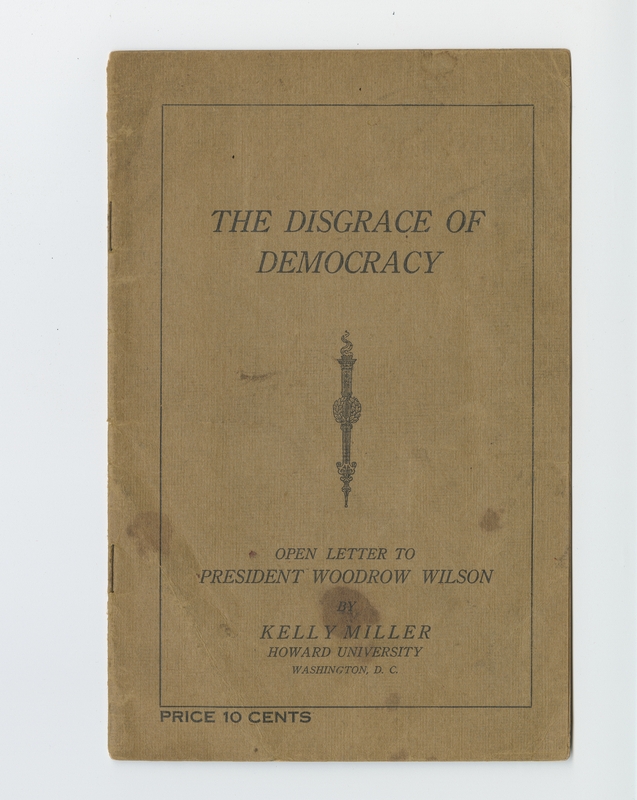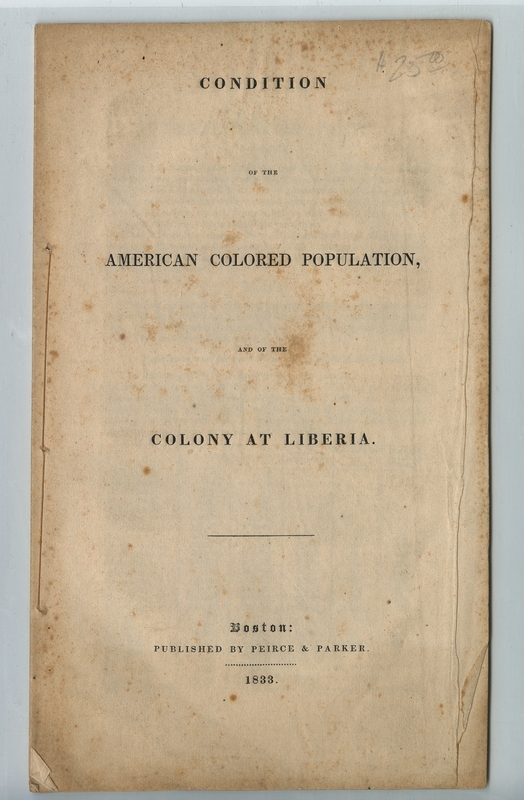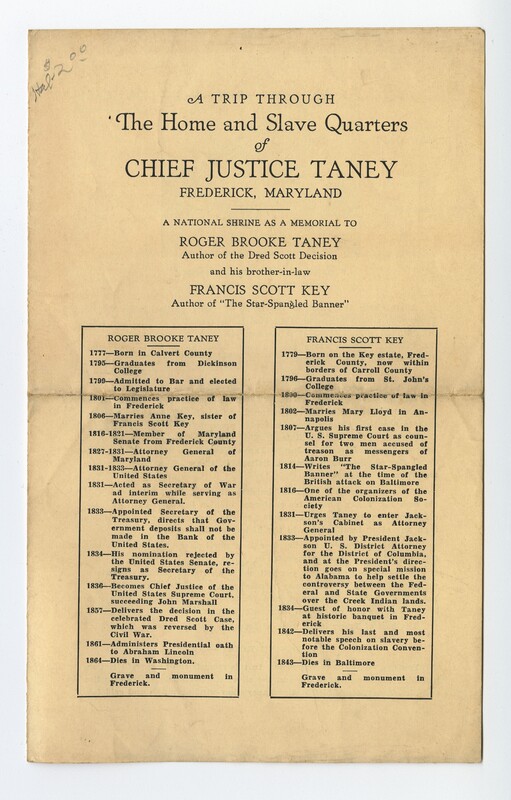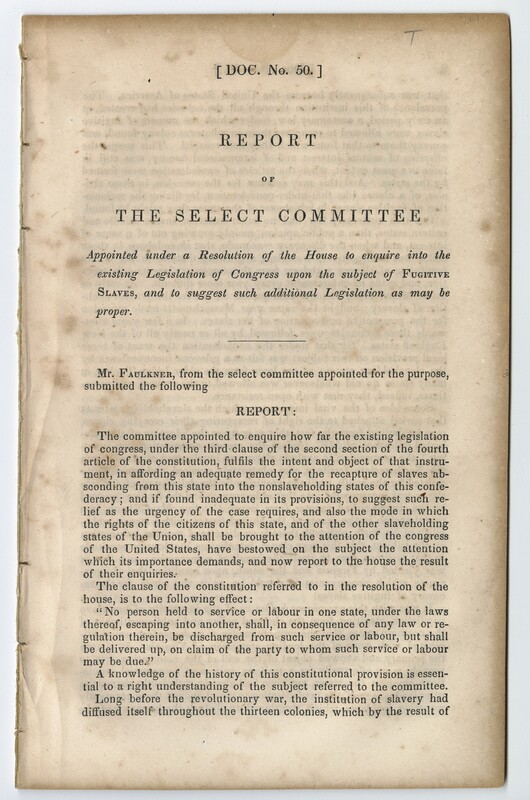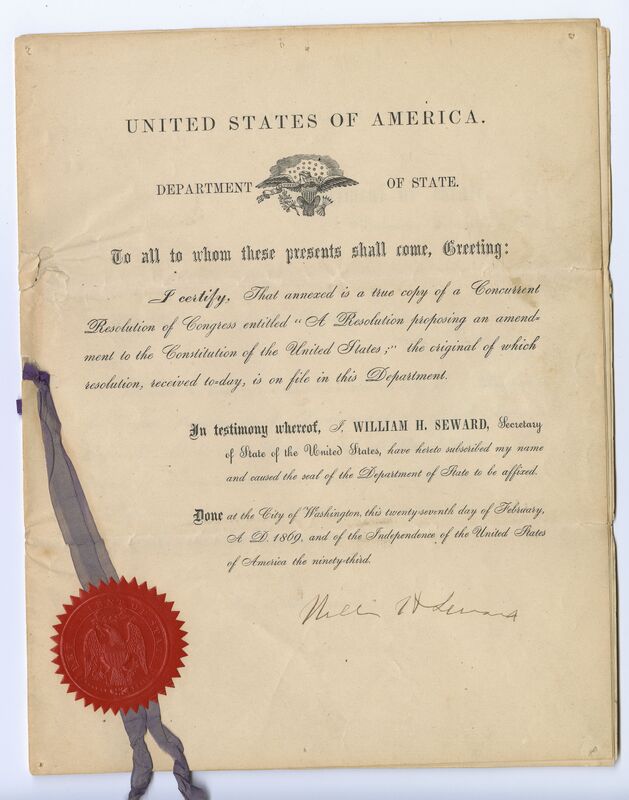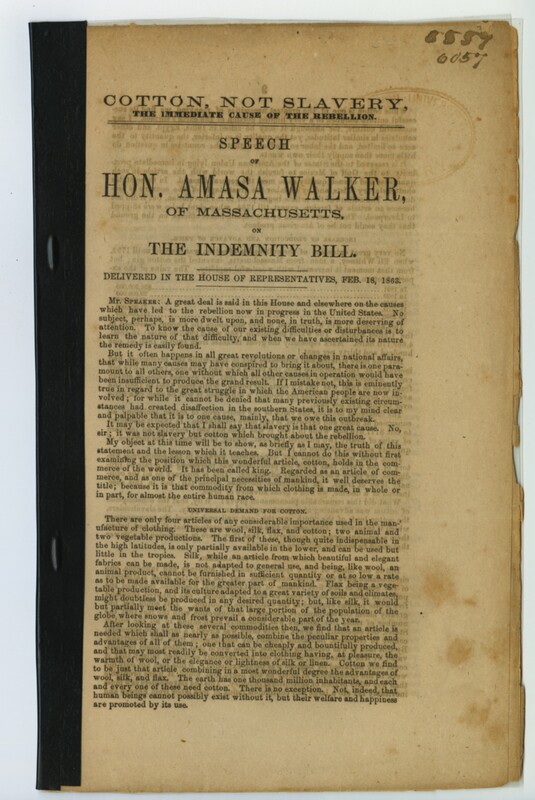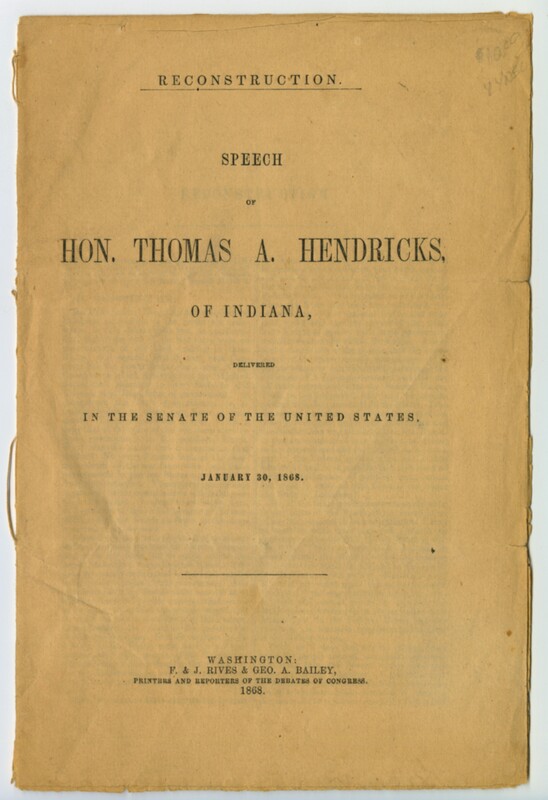Literary Works
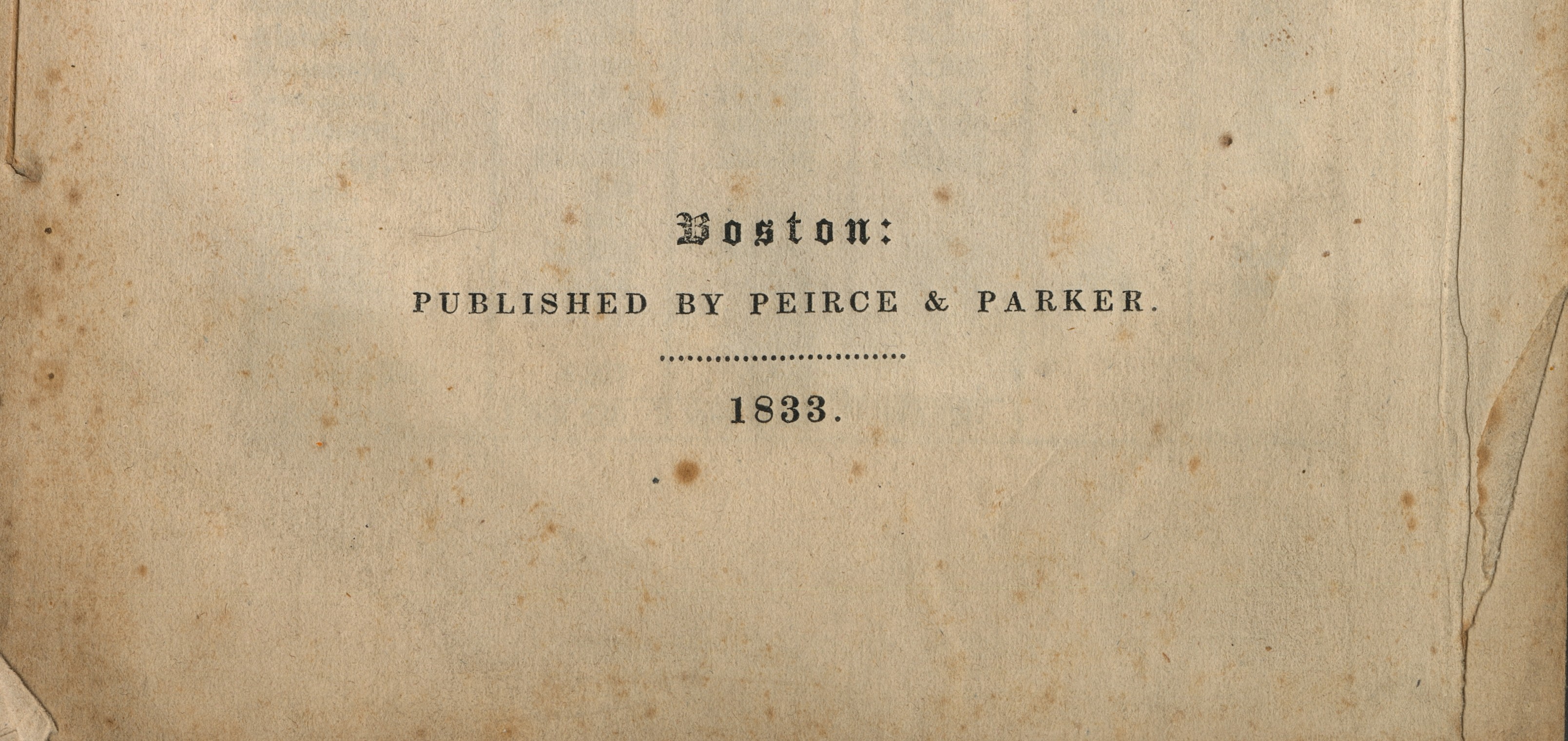
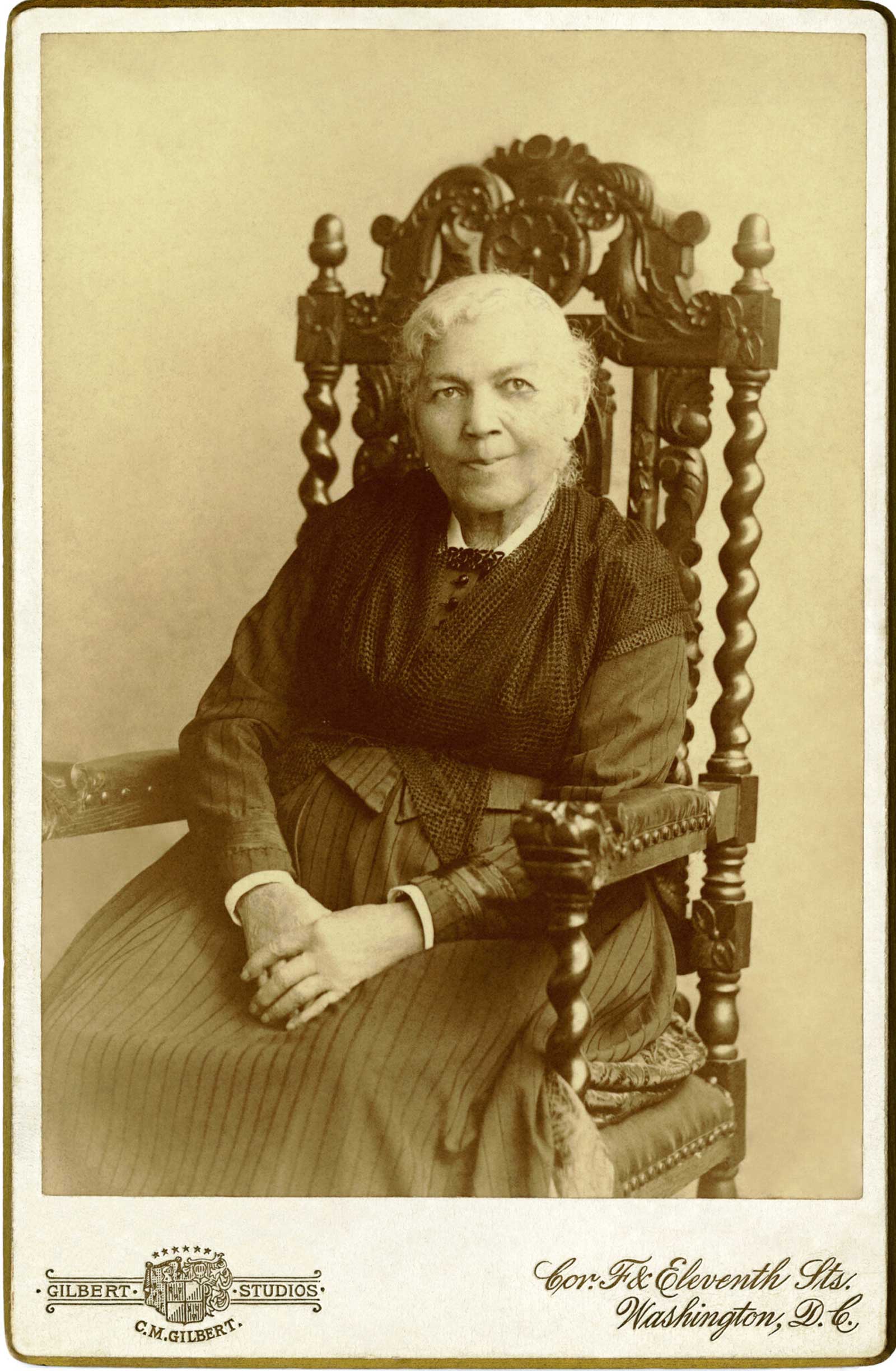
The Meek-Eaton Southeastern Regional Black Archives Research Center and Museum houses a distinguished collection of literary works from the 17th to 19th centuries, offering profound insights into the era of slavery. Meticulously sourced and curated by the museum's founder and first director, Dr. James N. Eaton Sr., publications were instrumental in shaping American awareness of slavery by offering vivid, accessible, and often deeply personal accounts of its realities.
Among the featured documents is The Disgrace of Democracy: Open Letter to President Woodrow, a bold and unapologetic condemnation of racial segregation and discrimination during the Jim Crow era, addressed directly to one of the nation’s most prominent leaders. This piece exemplifies the courage and clarity of Black intellectuals and activists who demanded accountability from political institutions that claimed to stand for democratic ideals.
Also included is Condition of American Colored Population and the Colony at Liberia, a significant document that explores the controversial efforts to relocate freed African Americans to Africa. This text captures the complexities of identity, autonomy, and displacement, as it weighs the promise of liberation against the realities of exile and colonization.
A Trip Through the Home and Slave Quarters of Chief Justice Taney provides a rare, intimate lens into the private life and household of the man responsible for the Dred Scott decision—a ruling that denied citizenship and constitutional rights to African Americans. This piece humanizes the contradictions at the heart of American law and justice, revealing the personal proximity of influential figures to the institution of slavery.
The Report of the Select Committee (Inquiry on Fugitive Slave Law) is a critical government document that exposes the tensions and legal battles surrounding the enforcement of the Fugitive Slave Act. It reflects how deeply the issue of slavery fractured American political institutions and laid the groundwork for the eventual rupture of the Civil War.
Finally, A Resolution Proposing an Amendment to the Constitution of the United States marks a turning point in the nation's legal and moral trajectory. This document is part of the official legislative record that led to the 13th Amendment and the formal abolition of slavery, symbolizing a hard-won shift toward justice and human rights.
Together, these works form an invaluable literary and historical archive—one that captures the voices of protest and perseverance, the machinery of law and resistance, and the enduring fight for dignity in the face of oppression. They are not only artifacts of the past but living documents that continue to inform contemporary discussions about race, democracy, and justice in America.
A portion of literary works include a powerful selection of political speeches that illuminate the complex and often contentious debates surrounding slavery, national identity, and justice in 19th-century America. These orations—delivered by prominent lawmakers on the floors of Congress—offer a vivid window into the political conscience of the time and the rhetorical strategies used to shape public opinion and national policy.
Among them is the address by Hon. Amasa Walker on the Indemnity Bill, a speech rooted in post–Civil War financial policy but deeply intertwined with the moral reckoning that followed the abolition of slavery. In this address, Walker examines the idea of reparative justice—not only in economic terms but also as a broader question of national responsibility. His words reflect the struggle to define what restitution and accountability might look like in a country still reeling from the legacies of slavery and civil conflict.
Also featured is the Speech by Hon. Thomas A. Hendricks, a U.S. Senator and later Vice President of the United States, whose remarks underscore the political tensions of Reconstruction and the shifting interpretations of states’ rights, federal authority, and civil liberties. Hendricks’ speech reveals the resistance among some lawmakers to sweeping reforms, offering valuable insight into the obstacles faced by those advocating for full citizenship and protection for formerly enslaved people.
These speeches, rich in political argument and historical context, reflect the fierce ideological battles that shaped America’s path forward after emancipation. They are a testament to how language—spoken in legislative halls—was used to defend, delay, or demand justice. Preserved in the museum’s collection, they continue to speak to the enduring challenges of reconciliation, equity, and national memory.
